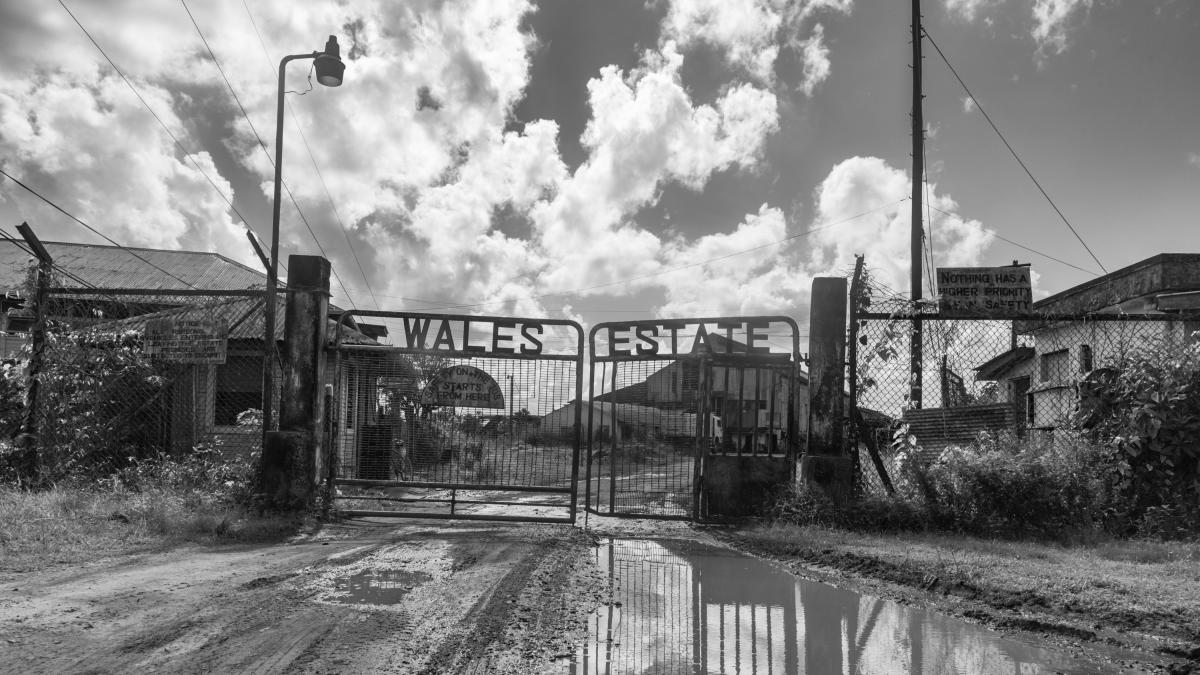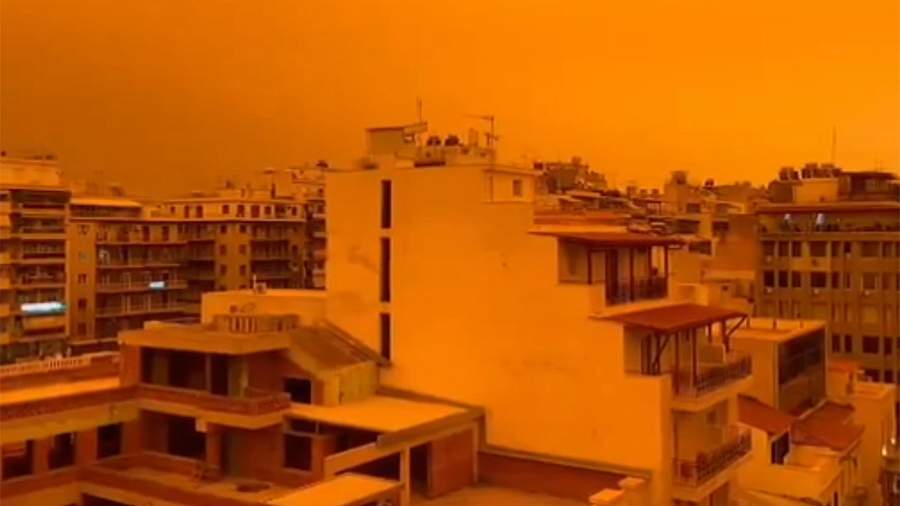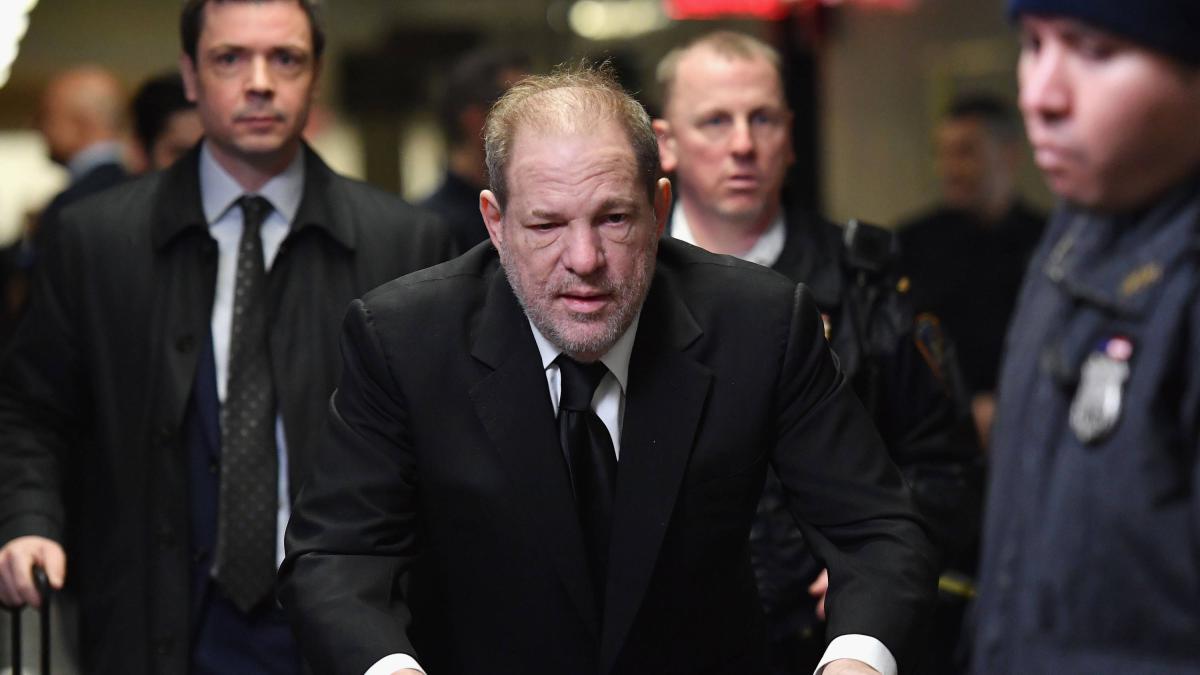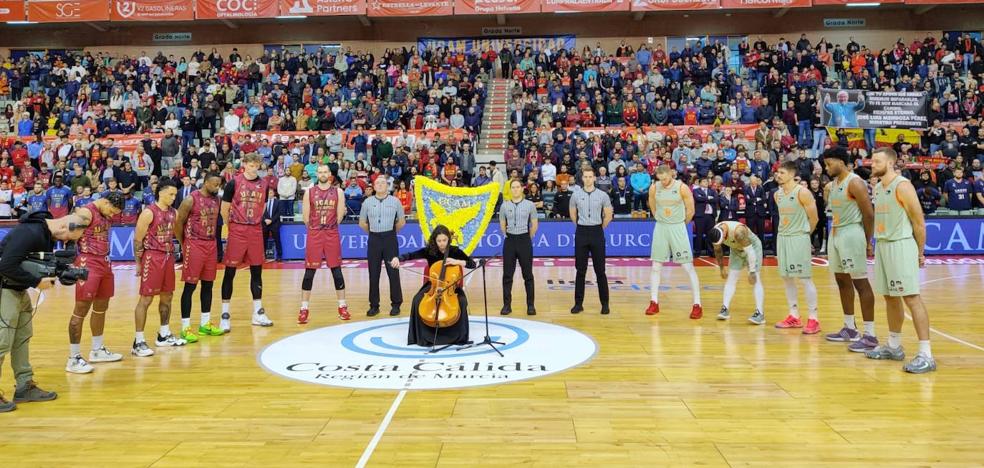Refugees arrive in Germany.
Extremists cause riots in an eastern town where a center is being built to receive displaced persons
Broken windows, riot police preventing the assault on a public building and authorities divided between understanding a citizen protest and repudiation of the radicals: these were the images that arrived these days from a remote district in eastern Germany, Grevesmühlen, whose local powers they had authorized the construction of housing-containers for 500 refugees.
The windows and doors were broken as a result of police struggles with a group of ultra-rightists and hooligans who came from different parts of the Land of Mecklenburg-Antepomeria. They had mixed with a march of 700 citizens who demanded, at least, a reduction in the number of refugees to be relocated to an industrial plot next to their homes.
Upahl, a municipality attached to Grevesmühlen where the center is to be installed, has 1,660 inhabitants. The site for the refugees is next to some recently built single-family homes.
It was known that the residents planned to express their discomfort at the building where a decision on refugees was to be taken – which narrowly won the yes vote. 60 policemen had been deployed to ensure order. Finally, the operation was reinforced with 200 troops, after detecting the infiltration of well-known neo-Nazis.
“Olaf Scholz’s government has to recognize that we municipalities are overwhelmed,” Conservative councilor Tino Schomann told regional public television NDR. “Irregular immigration must be stopped, a repatriation offensive must be carried out,” he added.
Upahl’s attempted far-right assault is a new warning sign. German right-wing radicalism is concentrating forces in the east. It is the half of the country where the Alternative for Germany (AfD) obtains the best results, the only formation of that spectrum with seats in Parliament (Bundestag).
Apart from that single parliamentary arm, the group of the ‘Reichsbürger’ –’Citizens of the Reich’–, who do not recognize the constitutional order or the current borders of Germany, is gaining strength.
Two years ago they took advantage of an anti-vaccine protest to try to storm the Bundestag, but the police blocked their way. Two months ago the national alarm went off when a rather grotesque coup plot was dismantled, headed by a businessman who calls himself Heinrich XIII or Prince Reuss.
moment of glory
The ultra-right seeks its moment of glory where there is discomfort among the common citizen. Upahl is one of many semi-rural municipalities, especially in the east, where the Scholz government and regional powers relocate refugees.
The number of asylum seekers is well below the record of one million refugees received by Germany in 2015. Two years later, the AfD became the first far-right force with seats in the Bundestag supported by the xenophobic vote.
In 2022, the total number of asylum seekers was 217,774. This statistic does not include the million Ukrainians – who do not need to apply for asylum, according to European regulations – who have arrived in Germany since the start of the Russian invasion.
Added to the problems in locating them is the fear on the part of the population towards the applicants who saw their application rejected and who continue in the country, often between uprooting and criminality. Cases such as that of the Palestinian Ibrahim A., 33, who last Wednesday stabbed to death a couple of adolescents, aged 17 and 19, on a regional train, and injured seven others.
He had been released a few days before after a year in provisional prison for another attack with a knife. He had a history of assault, robbery and sexual harassment. He did not know a fixed address, nor a place to be expelled, since he is stateless. In her act, there were no signs of jihadism, but of mental disorder.
#German #extreme #delves #tension #reception #refugees









